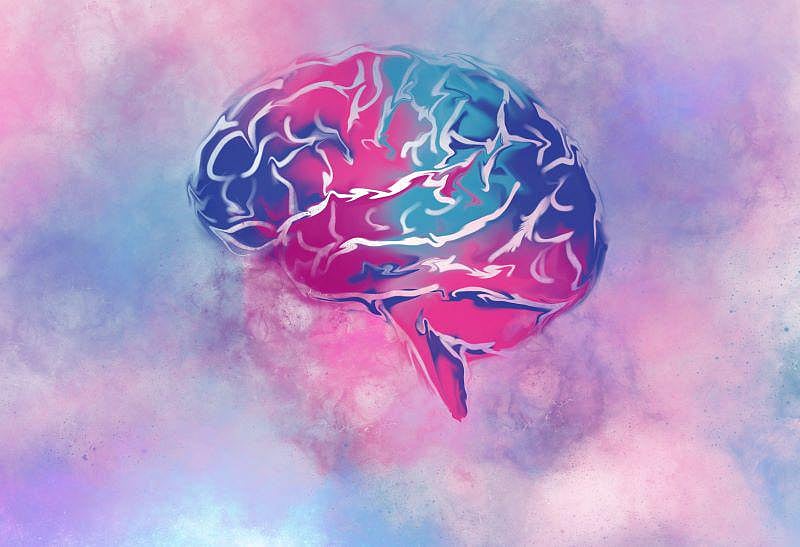Get Healthy!

- Posted October 12, 2023
Some Antidepressants Take Weeks to Kick In, and Scientists May Now Know Why
Most folks know that certain antidepressants have to be taken for a few weeks before people start seeing improvement, and now a new study sheds light on that delay.
Scientists have discovered this is because of physical changes in the brain that unfold over those first few weeks of using selective serotonin reuptake inhibitors (SSRIs) and lead to greater brain plasticity.
SSRIs include a range of common antidepressants such as Paxil, Prozac, Celexa, Lexapro and Zoloft.
"The delay in therapeutic action of antidepressants has been a puzzle to psychiatrists ever since they were first discerned over 50 years ago. So, these new data in humans that use cutting-edge brain imaging to demonstrate an increase in brain connections developing over the period that the depression lifts are very exciting,"said David Nutt from Imperial College London, who was not involved in the research. "Also, they provide more evidence [that] enhancing serotonin function in the brain can have enduring health benefits."
The researchers studied this in a randomized, double-blind, placebo-controlled trial in a group of healthy volunteers.
The researchers gave 17 volunteers a 20-milligram (mg) daily dose of the SSRI escitalopram (Lexapro). Another 15 volunteers received a placebo.
About three to five weeks in, the volunteers' brains were scanned using a positron emission tomography (PET) scanner.
The scans made it possible to see the amount of synaptic vesicle glycoprotein 2A in the brain. The more of that protein found in an area, the more nerve cell connections are present.
The investigators saw significant differences in how synapse density evolved over time in the two groups.
"We found that with those taking the SSRI, over time there was a gradual increase in synapses in the neocortex and the hippocampus of the brain, compared to those taking placebo. We did not see any effect in those taking placebo,"said researcher Gitte Knudsen of Copenhagen University Hospital in Denmark.
The neocortex is a complex brain structure that handles higher functions like sensory perception, emotion and cognition. The hippocampus is involved with memory and learning.
The study findings were presented Monday at the European College of Neuropsychopharmacology conference, in Barcelona, and simultaneously published online in the journal Molecular Psychiatry.
"This points towards two main conclusions,"Knudsen said in a meeting news release. "Firstly, it indicates that SSRIs increase synaptic density in the brain areas critically involved in depression. This would go some way to indicating that the synaptic density in the brain may be involved in how these antidepressants function, which would give us a target for developing novel drugs against depression," she said.
"The second point is that our data suggest that synapses build up over a period of weeks, which would explain why the effects of these drugs take time to kick-in," she added.
More information
The U.S. National Library of Medicine has more on antidepressants.
SOURCE: European College of Neuropsychopharmacology, news release, Oct. 9, 2023






